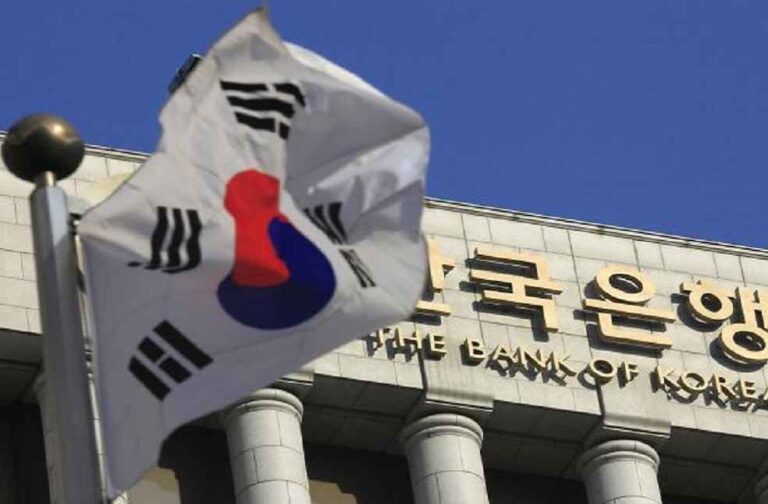Korea’s exports are showing early signs of weakness as global trade tensions escalate. A Reuters survey conducted between April 23 and 28 indicated that South Korean exports may decline by 2% year-on-year (YoY) this month, based on the median forecast of 22 economists. If confirmed, it would mark the first YoY decline since January, when exports fell by 10% largely due to the long Lunar New Year holiday. Imports are also expected to drop by 7% YoY.
The pressure on South Korea’s trade performance is intensifying following the imposition of tariffs by the United States. The country currently faces blanket tariffs, a 10% tariff on auto imports, and a 25% tariff on steel imports. Additionally, if South Korea fails to reach an agreement with the U.S. within a 90-day suspension period, it could be subjected to an extra 25% “reciprocal” tariff.

Experts warn that the cumulative effects of these tariffs, combined with the broader U.S.-China trade war, are beginning to impact South Korea’s export sector. Preliminary data for the first 20 days of April showed a 5.2% fall in exports.
Sector-specific declines were also recorded, with automobile exports down 6.5% and steel products dropping by 8.7%. Shipments to the United States fell sharply by 14.3%, while exports to China declined by 3.4%.
However, not all sectors are suffering. Semiconductor exports showed resilience, posting a 10.7% increase, buoyed by strong global demand. According to South Korea’s central bank, concerns are rising among automakers over the escalating tariffs, while chipmakers remain optimistic amid sustained demand for semiconductors.

South Korea’s official trade figures for April are scheduled for release this Thursday. As Asia’s fourth-largest economy and the first major exporting nation to report monthly trade data, South Korea’s performance is seen as a valuable early indicator of broader global trade trends.
IMEX SECTOR | Vietnam’s Tilapia Exports to U.S. Rise Sharply as Global Market Expands



